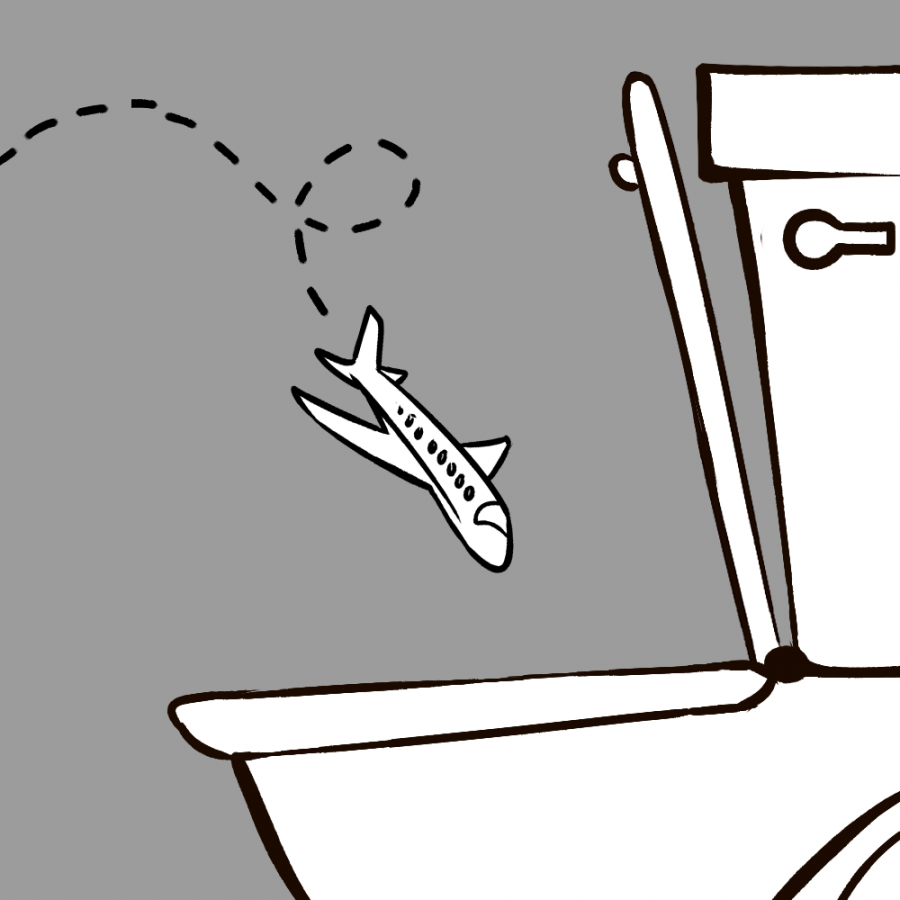Visiting a “Shithole Country”
September 10, 2018
Amid the continuous barrage of President Donald J. Trump’s many reprehensible diatribes and tweetstorms, it can be difficult to pause for a moment in order to adequately consider how appalling certain comments of his truly are. After having the unique opportunity to travel with fellow Whitman tennis players to Cambodia last January, I can’t help but think back to Mr. Trump’s “shithole countries” comment – a comment that certainly does not reflect our overwhelmingly positive experience in the country. Our time in Cambodia made it extraordinarily clear that the “shithole countries” statement is unforgivably repugnant.
The “shithole countries” declaration came just as our team was preparing to leave Cambodia and was particularly abhorrent because of its overtly racial overtones. Mr. Trump was not simply bashing impoverished nations; in also declaring that immigrants from Norway would be preferential to immigrants from Haiti, Mr. Trump clearly articulated a preference for white people and a disdain for both people and immigrants of color.

As we traversed the country we eagerly consumed extremely spicy curries, played tennis in extraordinarily humid conditions with members of the Cambodian national tennis team and explored the spectacular Angkor Wat temple complex. From thousands of miles of low-lying rice paddies to densely forested mountain jungles, the natural scenery of Cambodia is simply spectacular. Like many countries, however, Cambodia is certainly no utopia. Among other things, the country is grappling with considerable economic inequality and a political climate in which dissent is often repressed. Yet assigning the “shithole country” label to any country based on its perceived flaws is simply unacceptable. The label utterly fails to encapsulate the complexity of a place whose culture or way of life may differ from our own.
The uniquely American superiority complex invoked by Mr. Trump’s “shithole countries” comment harkens back to notions of American exceptionalism central to the Vietnam War. In hopes of striking a blow against communism in Vietnam, the US embarked on a costly and prolonged bombing campaign in Cambodia that created the ideal conditions for the brutal Khmer Rouge regime to seize power. The subsequent genocide eradicated approximately 25 percent of the Cambodian population and the country is still dealing with the genocide’s aftermath. It seemed every Cambodian we talked to had a personal and gut-wrenching Khmer Rouge story; no family was left untouched by the regime’s unconscionable atrocities.
Perhaps the most mortifying aspect of the “shithole countries” statement was that it was callously directed not just at foreign countries but at the people living in those countries as well. The Cambodians we were able to interact with were unfailingly kind and hospitable, characteristics that just don’t mesh with the sweeping, negative generalizations Mr. Trump makes about them.
The late Anthony Bourdain, a man perhaps better equipped to speak about different cultures than the current occupant of the White House, once noted that, “the world is, in fact, filled with mostly good and decent people who are simply doing the best they can”. As our Siem Reap tour guide, Heng, expounded at length about the virtues of Cambodian fish paste and told a ribald joke about a beautiful woman and a doctor, I was reminded that human commonality and kindness are of much greater importance than misguided illusions of cultural superiority. Our Cambodian experiences were a profound reminder that the “shithole countries” comment has no place in American society.





Barang • Apr 22, 2020 at 8:58 pm
Well, Cambodian sure is a shit stain of a country. Billions of dollars from development agencies down the drain. Crumbling infrastructure but luxury cars on every corner.
I’ve been living in Cambodia for the past 3 years. Worst country I’ve ever visited/ lived in. I don’t like Trump at all but his “shit hole countries” comment was spot on. You’d rather have educated and respectful Norwegians coming in than valueless and thieving Cambodians
Eatme • May 5, 2019 at 12:00 am
Cambodia is the biggest “shithole” I’ve had the displeasure of visiting, I’ve driven all over and stayed long enough to have an opinion.